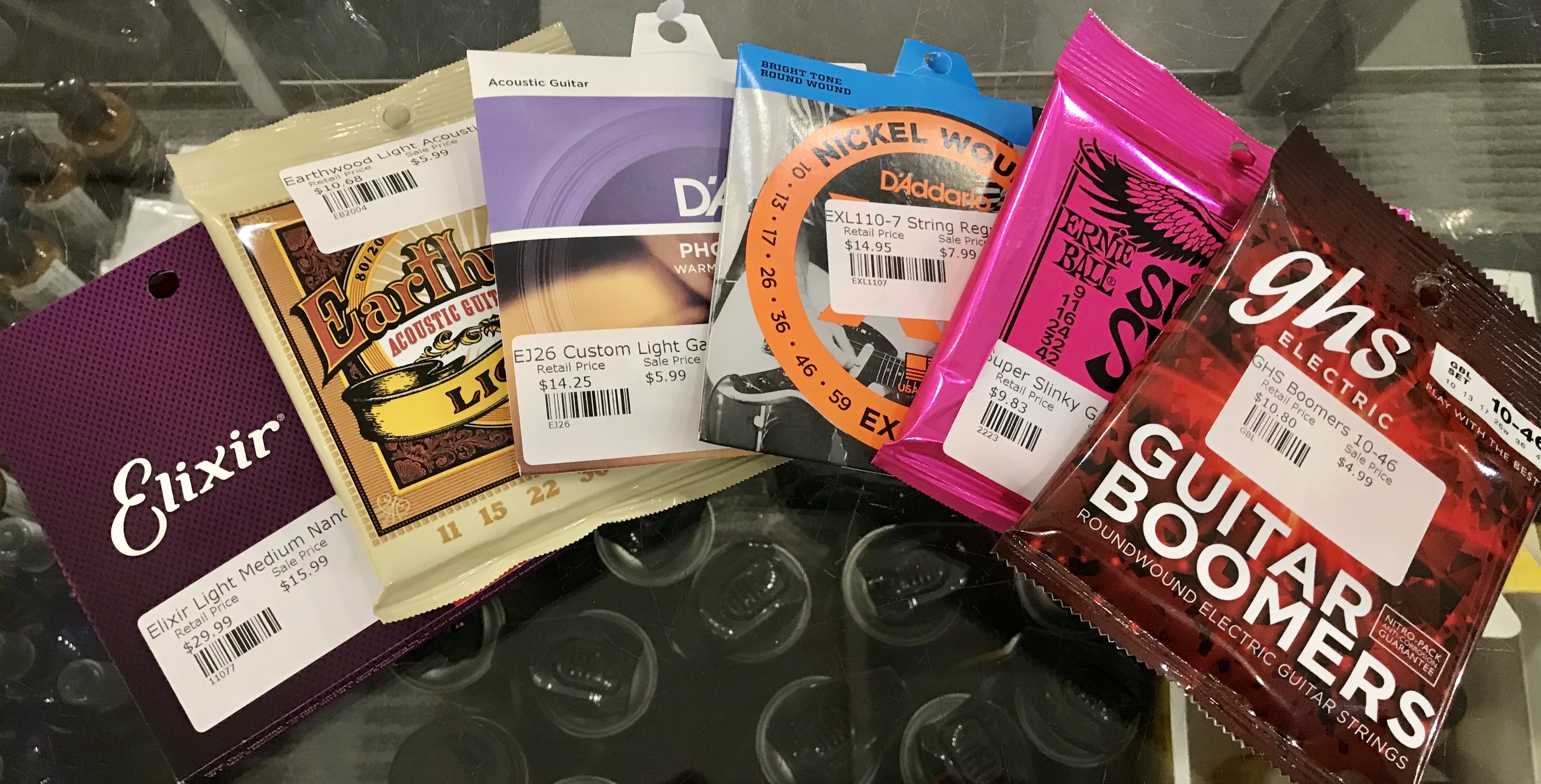How do I know if my strings need to be changed?

How often should I change my strings?
String life varies from string brand, and varies even more between different players. Strings should be changed whenever the strings show wear, tarnishing, corrosion, or no longer sound or feel responsive. A worn string of course affects tone, but a less than fresh string can hurt sustain, playability, and response. Coated strings prevent the chemical wear that occurs with playing and improves the string feel, but do not stand up to physical wear from the frets, picks, and fingernails. As a rule of thumb, if you can see, feel, or hear any issue with strings, it’s probably time to replace them.
Should I replace all of my strings or just the ones that need it?
Strings tend to wear evenly so if one of them breaks or sounds dull, the rest are probably nearing the end as well. Strings corrode even when they are not being played, so you may think that you don’t wear certain strings out, but even unplayed strings rust quickly with the moisture in the air.
How can I tell if my strings need to be changed?
Dirt or rust buildup is a clear indicator. Strings should be changed as soon as signs of rust show. Rusting weakens the string, and your clarity and sustain suffer. Another great way to tell is to run your index finger under the string. If you feel dents in the string from the frets, your strings should be changed. These dents make it harder to play the guitar in tune, and much less comfortable to play.